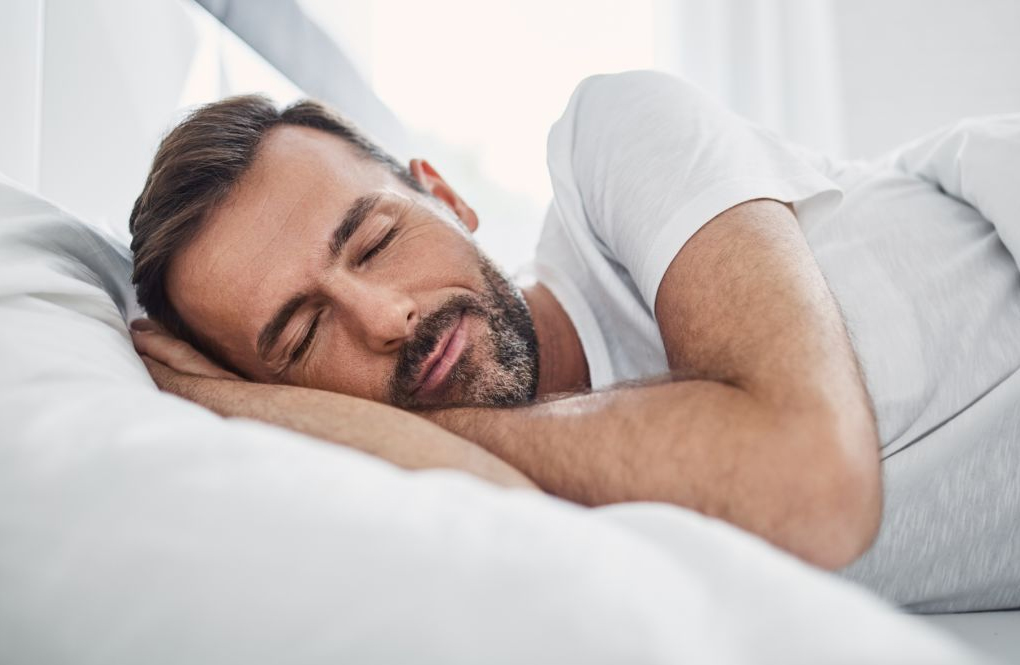Australia has been successful in flattening the curve of Covid-19 risk, with our communities adjusting to living much smaller, homebased lives to protect the health of others and ourselves.
For those who have basic survival needs met – a home, sufficient income and resources, social connection – this can have been a beneficial time of slowing down, moving away from externally imposed schedules and routines.
But perhaps it also means we have moved away from healthy routines and structure. This of course is understandable because, even with survival handled, these are uncertain times that can be overwhelming.
In Australia we now are moving along the path of Covid-19 recovery, socially and economically. As we move back into our communities it can be a ‘baby and bathwater’ moment. Holding onto or restoring those routines that sustain our health and wellbeing; relinquishing those that do not.
From a psychological perspective, a fundamental health-promoting routine is sleep, that precious circadian cycle. There is much we know now about how essential good sleep is in our lives, and the costs of poor sleep.
Sleep and the stress and overwhelm driven by Covid-19 risk can, however, be uncomfortable bedfellows. The biological, hormone-driven sleep cycle thrives on routine and structure.
So, some reminders:
Make sure you devote enough time to relaxing and sleeping each day. Most adults require 7 to 9 hours sleep per day. Go to bed early. It’s hard in our society to get enough sleep when going to bed late at night.
A regular sleep routine trains your “biological clock”. Keep your sleeping times as regular as possible – even on your days off. Aim to get up at around the same time every morning.
Go to bed when you are ready to sleep – tiredness comes in waves!
Relax before going to bed. Strategies include gentle movement, listening to music, reading, or journaling. Try relaxation breathing or stretching exercises to unwind and deal with any stress.
Avoid taking your worries to bed. Write down things you have to do and deal with them in the morning. Go to bed prepared to sleep. Avoid vigorous exercise before bed. Avoid late afternoon naps. Don’t lie in bed worrying about problems.
Eat to promote good sleep. Complex carbohydrates affect amino acids which increases sleepiness. Limit consumption of caffeine in any form. Limit your liquid intake before bed to reduce waking to go to the toilet. Avoid large, spicy meals that may cause indigestion and gastric acid reflux. Alcohol may help you get to sleep but reduces the quality of sleep.
A warm bath or hot shower 30 minutes or so before bed promotes sleep. Make sure that your bedroom has the right conditions for sleep, that it is dark, quiet and cool.
Try to arrange conditions so that you wake up gradually. Waking up suddenly can cause “sleep inertia” – that groggy feeling that hangs around for a while. Don’t count sheep. If you can’t fall asleep within 20 minutes, get up and do something relaxing until you feel sleepy – sit quietly or read.
So, in ending, may sleep be your friend as we progress into this New Normal.
– Renato Simionato, Director, Clinical and Corporate Psychologist at Optima Psychologists













